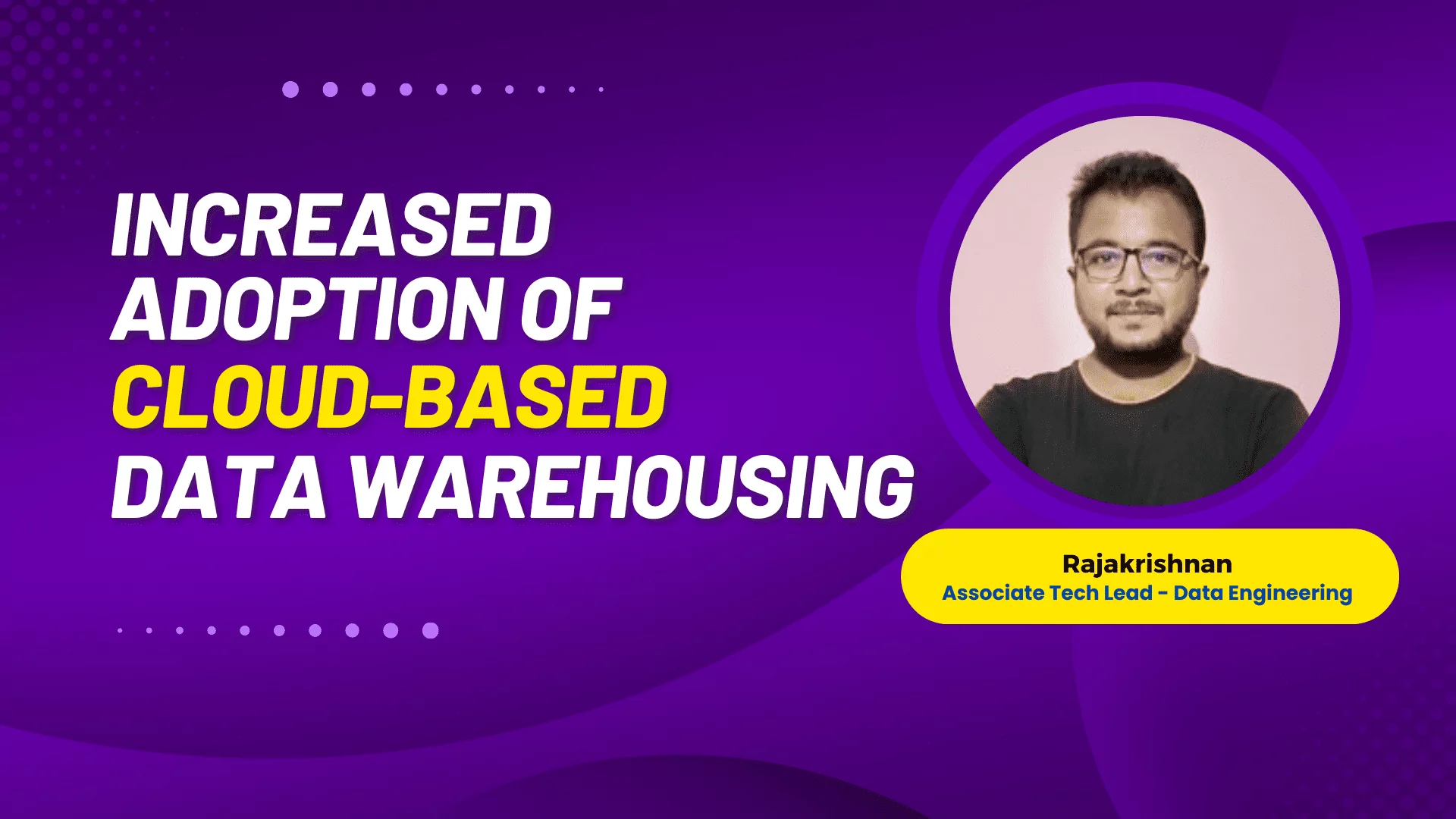
The past decade has witnessed an exponential adoption of cloud technologies. Businesses worldwide are leveraging the power of the cloud to optimize their processes, reduce costs and make data-driven decisions. The flexibility, scalability and remote access have all transformed how entire industries work, and in many cases, kick-started new ones.
That being said, there are certain drawbacks. As businesses add more services to their cloud requirements, costs can quickly spiral upwards. Also, each new service might require a time-consuming approval and documentation process, hindering agility and potentially delaying projects.
There are drawbacks from a technical perspective too. Generic cloud storage solutions may not be optimally designed for complex data analysis tasks. Issues can arise with data latency and the ability to execute complicated, large-scale queries efficiently. Moreover, management and administration of these services require dedicated IT resources, increasing the total cost of ownership.
The Emergence Of Cloud Data Warehousing
In response to these challenges, Cloud-Based Data Warehouses (CDWs) have emerged as a popular solution. A CDW is a service that collects, organizes, and stores data in the cloud, making it available for analytical processing. It serves as a repository for storing and managing large amounts of data, and is especially useful for performing large-scale analytics, data mining, and machine learning tasks.
You can think of CDWs as a “best of both worlds” solution, combining the benefits of on-premises data warehouses (structured organization, powerful analytic capabilities, and robustness) with those of the cloud (scalability, flexibility, remote accessibility). If this concept is new to you, it’s worth comparing the two models.

The Advantages Of Cloud-Based Data Warehouses
CDWs offer several advantages over traditional cloud services. We’ve outlined some of these below.
- Performance: CDWs are specifically designed to handle complex queries on large datasets, making them more efficient than generic cloud storage solutions. They use columnar storage, data partitioning, and parallel processing to deliver faster results.
- Scalability: CDWs can quickly scale up to accommodate more data. This flexibility allows your data warehouse to grow with your business needs, providing agility and efficiency.
- Cost-Effectiveness: CDWs typically use a pay-as-you-go model. This means businesses only pay for the resources they use, avoiding the trap of overprovisioning, which can be a common pitfall with traditional cloud services. Spot instances can be used to further optimize costs, leveraging unused capacity at a lower price.
- Maintenance and Management: In CDWs, much of the database administration is handled by the provider. This can significantly reduce the burden on IT staff, allowing them to focus on strategic tasks.
- Integration and Compatibility: CDWs are designed to integrate seamlessly with other services from the same provider and are compatible with most popular business intelligence tools. This makes data analysis and visualization significantly easier.

So, Is A CDW Right For You? It Depends…
While CDWs offer numerous benefits, the right choice for your organization ultimately depends on your specific needs and circumstances. Here are some factors we think are important, when deciding between on-premises, traditional cloud services, or CDWs.
- Data sensitivity and security: If your business deals with highly sensitive data, the control and security offered by an on-premises solution might be preferable. This will help protect against issues such as data loss, user account hijacking and DoS attacks – all of which have become prominent over the last few years.
- Cost considerations: Traditional cloud services might have lower upfront costs but could lead to higher long-term costs, especially as you add more services. In contrast, CDWs often operate on a pay-as-you-go model, allowing for more predictable budgeting.
- Scalability and performance needs: If your organization needs to handle large datasets and perform complex queries efficiently, a CDW might be the best option.
- IT resources and expertise: If you have a limited IT staff, a CDW can offload a significant portion of the maintenance work.
In conclusion
The shift to cloud technologies and specifically to CDWs, represents a significant evolution in how businesses manage and utilize their data. Despite the challenges, the benefits of performance, scalability, cost-effectiveness, simplified management, and compatibility make a compelling case for their adoption. As technological advancements continue to address current limitations, CDWs are poised to play an even larger role in the data strategies of forward-thinking companies.
Author

Rajakrishnan
Associate Tech Lead - Data Engineering
